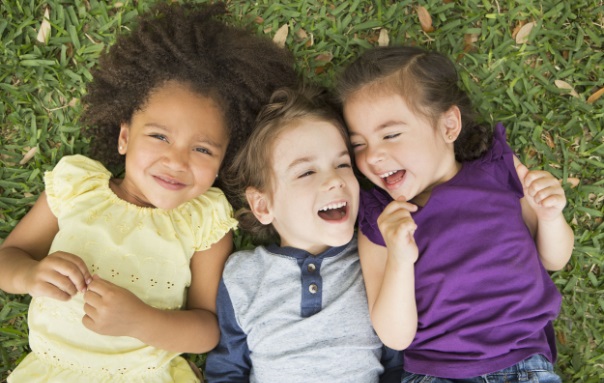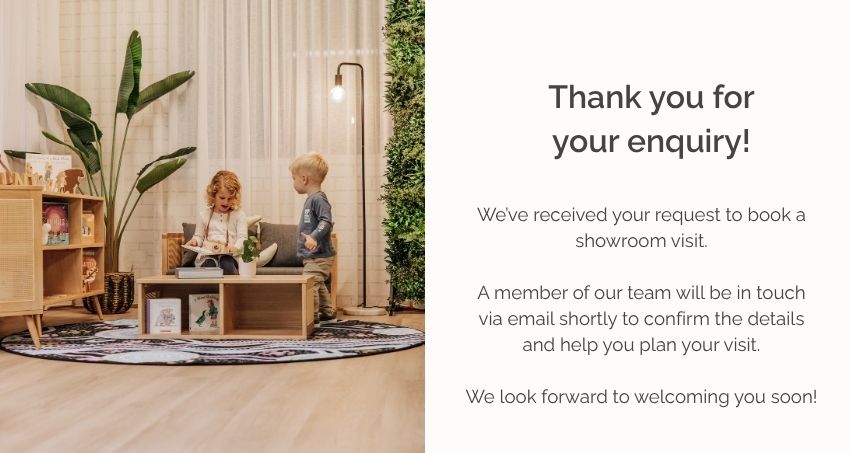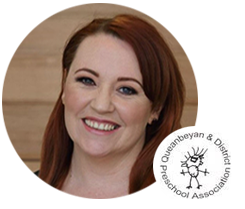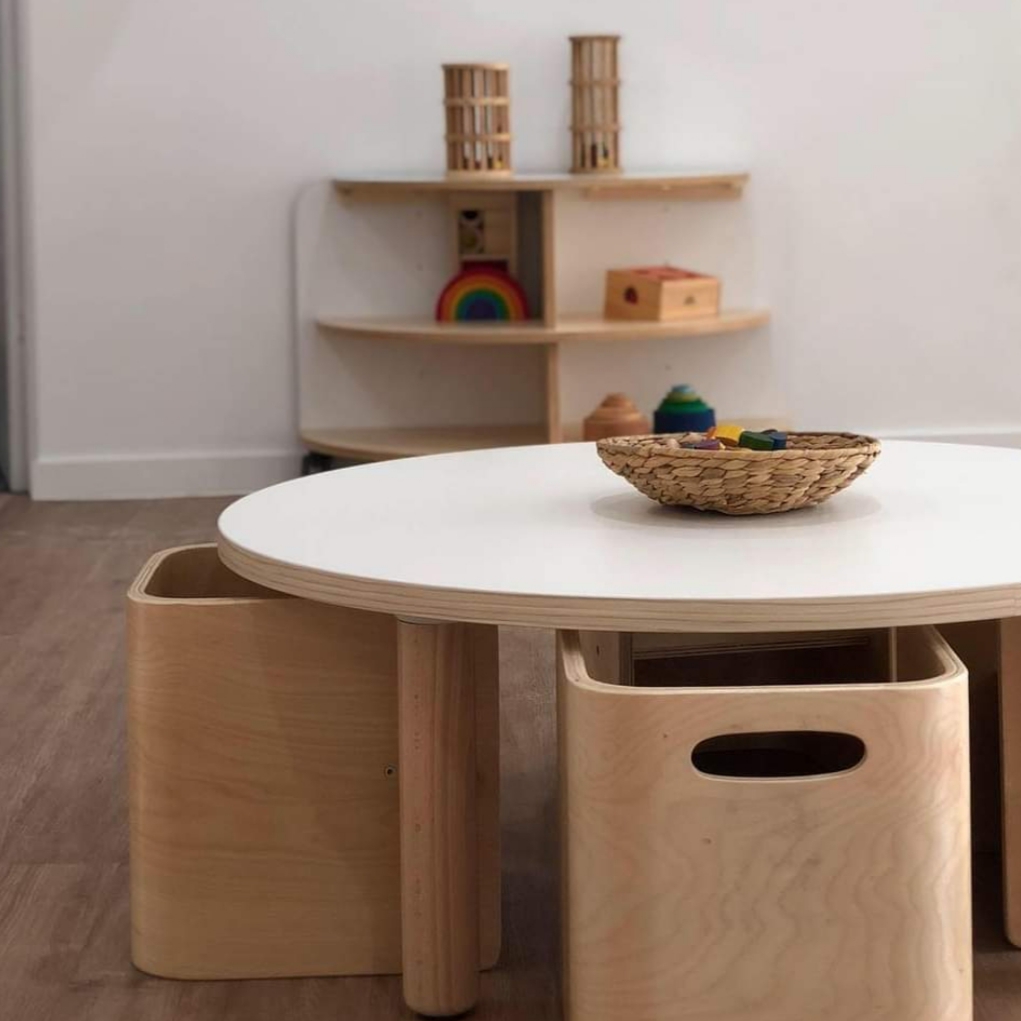
Friendships and wellbeing: How you can achieve harmony in your early learning environment
There’s nothing more rewarding for an educator than seeing beautiful friendships and bonds form between the children in their early learning environment. For some children however, if they’re timid around others or apprehensive about being away from their parents, forming friendships can be difficult.
How can we encourage friendships to organically grow and help children to be comfortable, regardless of their personality and interests?
Why are friendships important for young children?
Friendships are crucial to helping shape a child’s social and emotional development, sense of empathy, communication skills and self-confidence. Working towards positive relationships also contributes to achieving several EYLF outcomes. This goes to show friendships aren’t just having someone to play with every day – they help to meet the all-important outcomes that you work hard to achieve through your teachings.
Happy children make a happy environment, helping the emotional wellbeing of everyone involved. So, how can you guide the children in your early learning environment to form meaningful relationships that will help them enjoy their days with you?
‘Show and tell’
Is ‘show and tell’ a regular event in your early learning environment? ‘Show and tell’ is a great way to encourage children to share their interests and experiences, which allows them to be their true selves around their peers. This works contributes to achieving Learning Outcome 2: Children are connected with and contribute to their world. By feeling a sense of connectedness with their world, children feel confident within themselves, giving them the opportunity to make friends and show their peers their true selves.
‘Show and tell’ doesn’t have to be anything fancy or something for parents to stress over the night before, scrambling to find something for their child to showcase. You could encourage children to bring in just one photo to talk about – perhaps from a family holiday or a fun occasion – or one favourite toy from home. To put a fresh spin on this activity, if children are bringing in a toy from home, you could even encourage them to do their show and tell in a role play setting to encourage imagination and engagement from their peers. Encouraging children to show interest in their peers’ experiences and favourite things gradually builds up bonds and rapport over time.
Celebrate diversity
Learning Outcome 1: Children have a strong sense of identity is the outcome consistently achieved through building relationships. Children develop a strong sense of identity when they feel like they belong and are comfortable with their peers and educators. A great way to help children feel sure of their identity is to celebrate diversity.
Holding a ‘Diversity Day’ is an outlet for children to share their different cultures, family situations and abilities. Perhaps this could include wearing clothing that represents their culture? Drawing a picture of their family and talking about their family dynamic? Children who are neurodiverse might want to showcase a unique skill or be encouraged to explain or draw the unique ways their brain works? No matter what diversity looks like in your early learning environment, openly discussing it helps children to understand what it means which in turn empowers children to feel a greater sense of belonging and connectedness with the world around them.
When children feel connected, understood and included, this helps their emotional wellbeing. Emotional wellbeing is so important for any child in an early learning environment as they’re more likely to approach tasks with enthusiasm, be willing to learn, and willing to bond with their peers.
Encouraging friendships among children doesn’t need to involve grand gestures or elaborate team building activities. By allowing children to be themselves, and connect with each other through understanding and acceptance, you’re paving the way for them to find meaningful friendships in an environment that they love and look forward to coming to every day.











